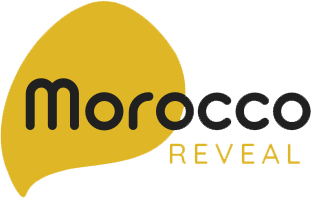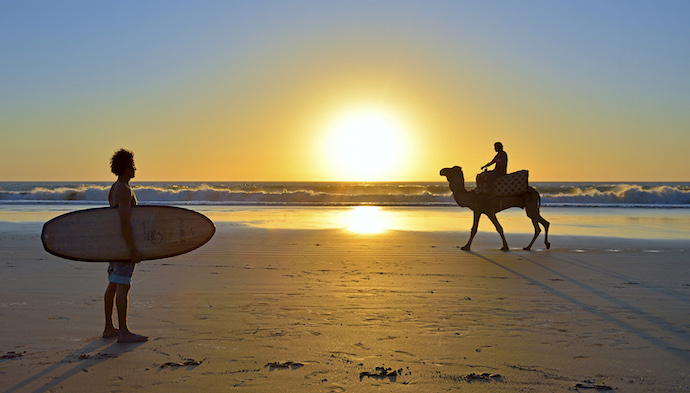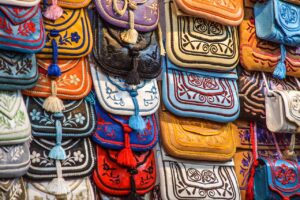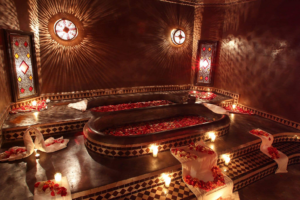Surfing in Morocco has gained popularity over the years due to its diverse coastline, consistent swells,
and a range of surf breaks suitable for all levels of surfers. Here is an overview of surfing in Morocco and
some of the best surfing spots in the country:
Surfing in Morocco
Season: The best time for surfing in Morocco is during the fall (September to November) and spring
(March to May) when the weather is mild, and the swell conditions are favorable. Winter also offers good
surfing conditions, especially in the southern regions.
Surf Culture: Morocco has a vibrant surf culture with a mix of local surfers, expats, and international
visitors. Surf camps, schools, and accommodations cater to surfers of all levels, making it a popular
destination for surfing enthusiasts.
Surf Schools and Camps: There are numerous surf schools and camps along the Moroccan coast that
offer lessons, equipment rental, and guided surf trips for beginners and experienced surfers alike.
Scenery: Surfing in Morocco provides a unique experience with a backdrop of stunning landscapes, from
rugged coastlines to sandy beaches and even the backdrop of the Atlas Mountains.
Best Surfing Spots in Morocco
Taghazout: Located near Agadir, Taghazout is one of the most famous surf towns in Morocco. It offers a
variety of surf spots suitable for all levels, including Anchor Point, Hash Point, and Panorama Beach.
Tamri: Tamri Beach is known for its consistent waves and is a great spot for beginners and intermediate
surfers. It’s located not far from Taghazout and offers a more relaxed atmosphere.
Imessouane: This fishing village is famous for its long right-hand point break, making it a favorite among
longboarders. Imessouane is a bit more secluded and provides a peaceful surfing experience.
Sidi Ifni: Located further south along the coast, Sidi Ifni offers uncrowded surf breaks and a laid-back
vibe. It’s a great spot for experienced surfers looking for more challenging waves.
Essaouira: Known for its strong winds, Essaouira is a popular destination for wind and kite surfers. The
town also offers surf spots like Moulay Bouzerktoun for those seeking waves.
Dakhla: In the Western Sahara region, Dakhla is a remote and stunning destination known for its world-
class wave spots. It’s ideal for experienced surfers looking for more pristine and challenging conditions.
Accomodation for surfers :
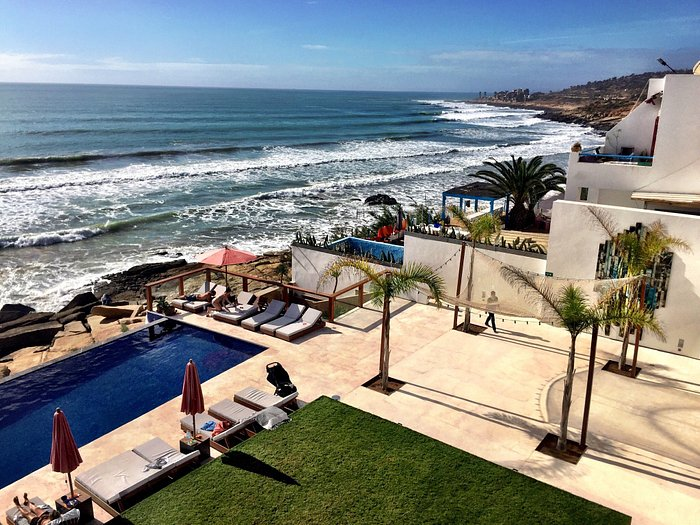
Whether you’re a beginner looking to catch your first wave or an experienced surfer seeking new
challenges, Morocco offers a diverse range of surf spots that cater to various skill levels and preferences.
In Morocco, especially in popular surfing destinations like Taghazout, Essaouira, and Tamraght, there are
plenty of accommodation options tailored specifically for surfers. These accommodations cater to theneeds and preferences of surfers, providing easy access to surf spots, equipment storage, and a laid-
back atmosphere. Here are some common types of accommodations for surfers in Morocco:
Surf Camps: Surf camps in Morocco are popular among surfers of all levels. These camps typically offer
accommodation, meals, surf lessons, equipment rental, and sometimes yoga sessions or other activities.
They provide a great opportunity to meet like-minded surfers and immerse yourself in the surf culture.
Surf Hostels: Budget-friendly surf hostels are a common choice for solo travelers or groups of friends
looking for a more social atmosphere. Hostels often have shared rooms and communal spaces where
guests can relax, socialize, and plan their surfing adventures.
Surf Resorts: For those looking for a more upscale experience, surf resorts in Morocco provide luxurious
accommodation options with amenities such as swimming pools, spas, and on-site restaurants. These
resorts often have direct access to the beach and may offer surf lessons and equipment rental.
Surf Villas: Private surf villas are an excellent choice for groups or families looking for a more exclusive
and personalized experience. These villas typically come with private rooms, communal living spaces,
and sometimes even a private chef or surf guide.
Surf Hotels: There are hotels in surf towns like Taghazout and Essaouira that cater to surfers, offering
comfortable rooms, surfboard storage, and easy access to nearby surf spots. Some hotels may also
have partnerships with local surf schools or rental shops.
Riad Accommodations: In cities like Marrakech or Essaouira, traditional riads (guesthouses with interior
courtyards) offer a unique and cultural accommodation option. Many riads have surf-friendly amenities
and can help arrange surfing excursions for guests.
When choosing accommodation for your surfing trip to Morocco, consider factors such as proximity to
surf spots, amenities offered, budget, and the overall vibe of the place. Many accommodations in popular
surf towns are within walking distance of the beach and offer packages that include accommodation,
meals, and surf-related activities. It’s advisable to book in advance, especially during peak surfing
seasons, to secure your preferred accommodation option.
For beginners looking to learn how to surf in Morocco, there are numerous surf schools and coaching
options available in popular surf destinations such as Taghazout, Essaouira, and Tamraght. These surf
schools cater to individuals of all ages and skill levels, providing professional instruction, equipment
rental, and a safe environment to learn and improve surfing skills. Here is an overview of what you can
expect from surfing courses and coaching for beginners in Morocco:
Surf Schools and Coaching Features:
Professional Instructors: Surf schools in Morocco employ experienced and certified instructors who are
skilled at teaching beginners how to surf. They focus on safety, technique, and ensuring a positive
learning experience for all students.
Equipment Rental: Most surf schools provide beginners with surfboards, wetsuits, and other necessary
equipment for their lessons. This eliminates the need for beginners to invest in their own gear before
trying out surfing.
Structured Lessons: Surf schools typically offer structured lessons tailored to beginners, starting with
basic surfing principles such as paddling, popping up, and riding whitewater waves. As students
progress, they may learn about wave selection, turning techniques, and other fundamental skills.
Group and Private Lessons: Beginners can choose between group lessons, which offer a social learning
environment and the opportunity to meet other surfers, or private lessons for more personalized
instruction and focused attention from the instructor.
Safety Measures: Surf schools prioritize safety during lessons by providing instruction on ocean
awareness, surf etiquette, and how to handle different surf conditions. Instructors are trained to ensure a
safe and enjoyable learning experience for beginners.
Video Analysis: Some surf schools offer video analysis as a teaching tool, allowing beginners to review
their surfing technique with instructors and receive feedback on how to improve.
